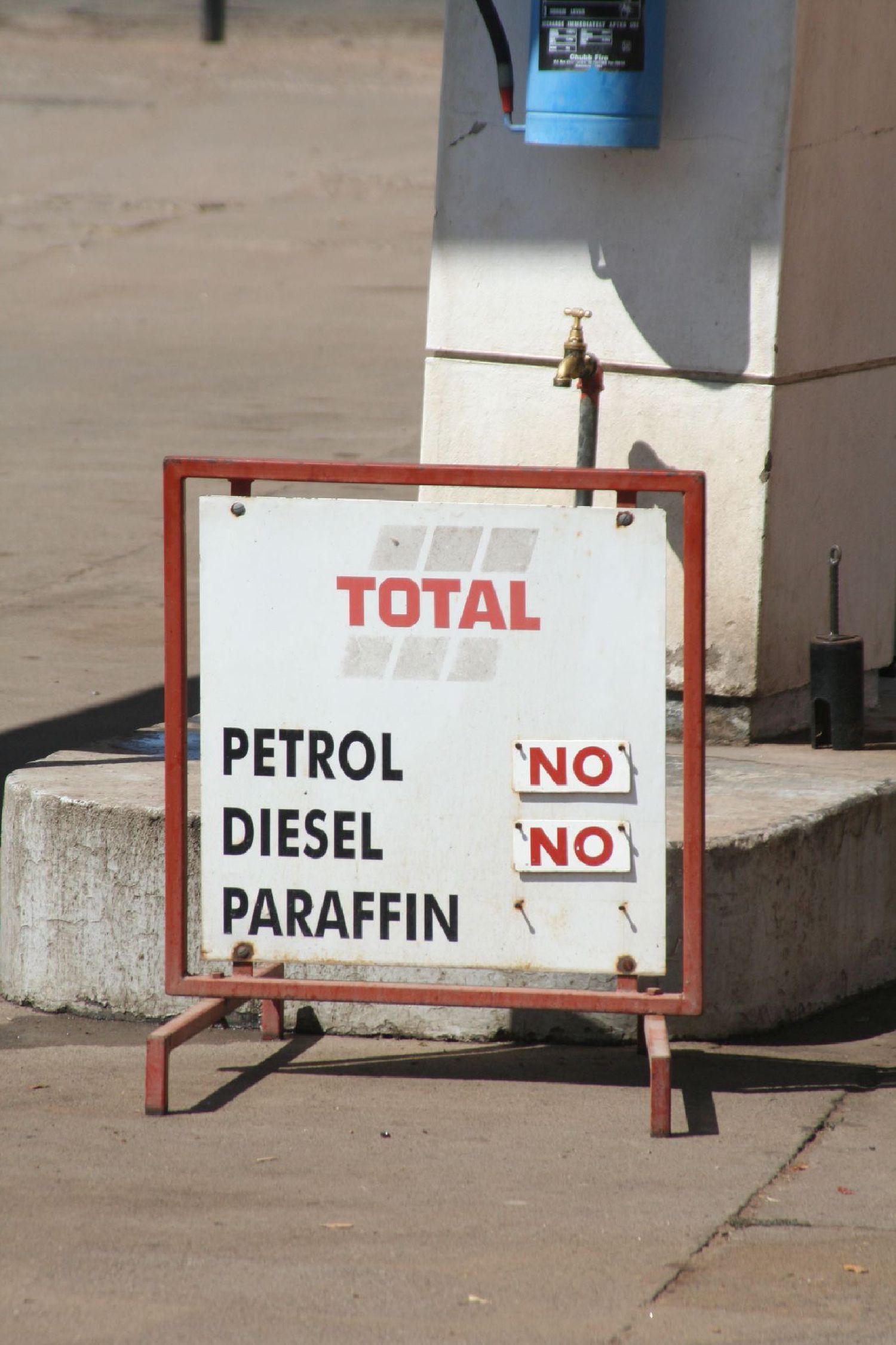
Who doesn’t want to be a millionaire? Well, if you travel to Zimbabwe your dreams can come true with less than $10. The problem is that you can’t legally change money at the “real” rate and when you do become a Zim millionaire, there’s very little left on the shelves to purchase.
You may have heard about some troubles in Zim. They’ve been brewing for several years now, but seem to be taking a serious turn for the worse. Inflation is nearing 5000%. That may seem a little abstract to really grasp so let me give you an example of how things were working during our brief visit.
Thanks to the wonderful people at our hostel we were able to exchange money at close to the “real” rate which for us was 140,000Zim$ to 1US$. So when we paid 1US$ for a bottle of water at the hostel, we were paying the equivalent of 140,000Zim$ for it. If we had exchanged money at the official rate of 250 Zim$ to the 1US$, the same bottle of water would have cost the equivalent of 560US$. I am not making this up. If you don’t have the good fortune to be able to change money illegally (and safely), then you’re forced to pay in US$ – which means less value for the dollar but of course is still better than using the official exchange rate. Using an ATM or a credit card is absolute insanity as the official rate is used.
Once you have the money you may have a hard time finding something to spend it on. It’s quite common to walk into a restaurant and have them tell you there’s no more food left (at 2pm), or no pizza since they’re out of flour, or sorry no more bottled water. The shortage of food and fuel is largely a result of President Mugabe’s mandatory call to cut prices in half. Merchants are losing their shirts, and recently many that have closed shop or broken price controls because they can’t make ends meet are being jailed. The owner of our hostel figures he earns up to 32 years of jail time a day with all the laws he’s breaking to keep his business running.
You’d think that in a country where the economic situation is beyond desperate, crime would be an issue. This was not our experience in Victoria Falls – a town that once boomed with tourism. The people we met on the streets were friendly towards us and simply wanted to trade their carvings and curios for our shoes or even our leftovers. It’s really a sad situation, and it’s soon going to be a regional dilemma as refugees pour into neighboring countries. We can’t speak to the safety of other places in Zimbabwe at this time, but we can recommend giving Vic Falls and the surrounding area a chance. They’re really glad to have you!